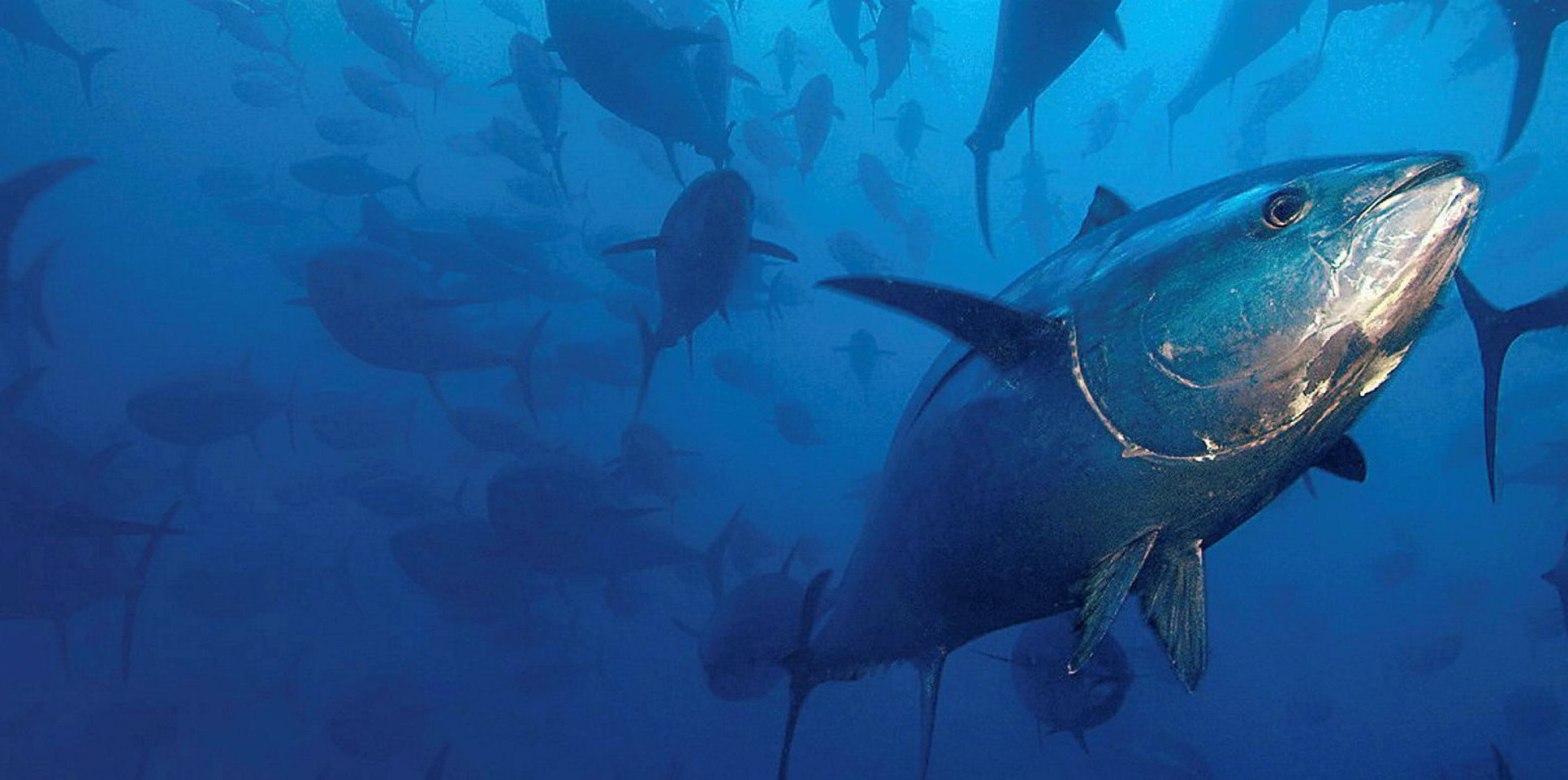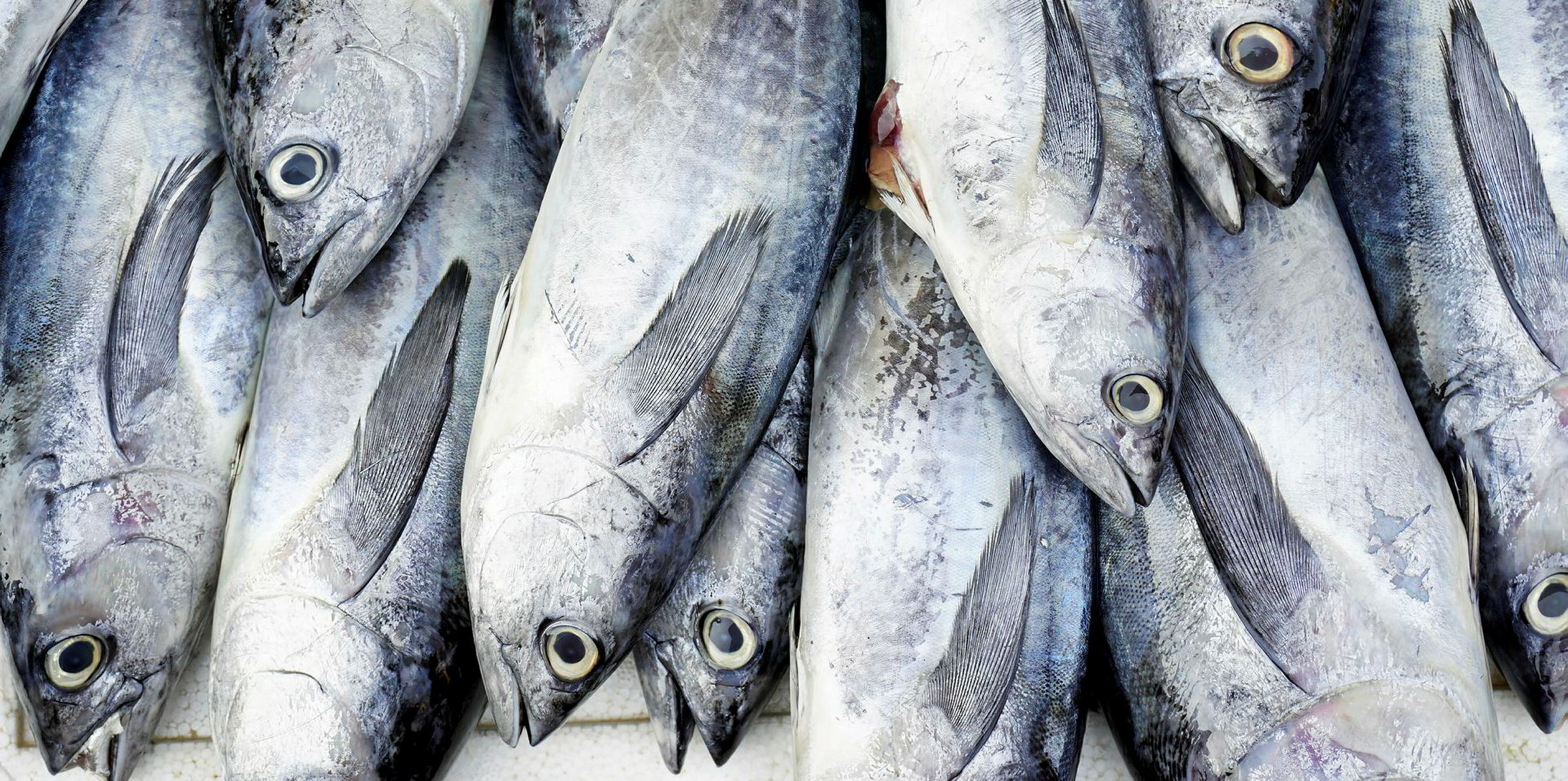The president of FCF Fishery, the Taiwan-based seafood company that yesterday put in a bid for the assets of US canned tuna giant Bumble Bee Foods, was not willing to comment on what a potential buy-out might mean for the stricken canned tuna giant when IntraFish contacted him this week.
"We are only starting the process and there are other interested parties as well as an auction before us," Max Chou told IntraFish. "Maybe these questions can be answered at a later date."
But the company's low profile belies a huge a network that makes it one of the most influential players in the global tuna supply chain.
An integrated supply chain service provider with more than 30 subsidiaries, FCF works with brand-owners such as Bumble Bee -- in which it already holds a 25 percent stake -- as well as processing plants and boat owners, sourcing skipjack, yellowfin and albacore tuna and distributing it as raw materials and semi- and fully-processed products globally.
It owns processing plants in Papua New Guinea and Ghana, and also works with a network of partner factories, in conjunction with companies such as Sea Value, CMC, Torei and Thai Union Group, including in Thailand and the Philippines, to provide cooked, pre-cooked, cleaned fish loins and finished products.
It's fishing bases are largely across the Pacific Island nations -- where it is an influential member of the Western Pacific Sustainable Tuna Alliance -- with three more to the west, in
Mauritius, Cape Town and Montevideo, sourcing from suppliers based in Papua New Guinea, Micronesia, Philippines, China, Portugal and Mexico.
The company has a focus on sustainability, and in June partnered with Bumble Bee alongside Clover Leaf Seafoods and Ocean Outcomes to launch a new longline tuna fishery improvement project (FIP) focused on the fishing practices of approximately 200 Chinese and Chinese Taipei longline albacore and yellowfin tuna fishing vessels in the Western and Central Pacific Ocean.
It came a year after Greenpeace claimed it had found evidence linking FCF to human rights abuses in Taiwan's international fishing fleet.
The company works with a fleet of more than 250 fishing vessels supplying market data and pricing information as well as access to crews and other logistics.




